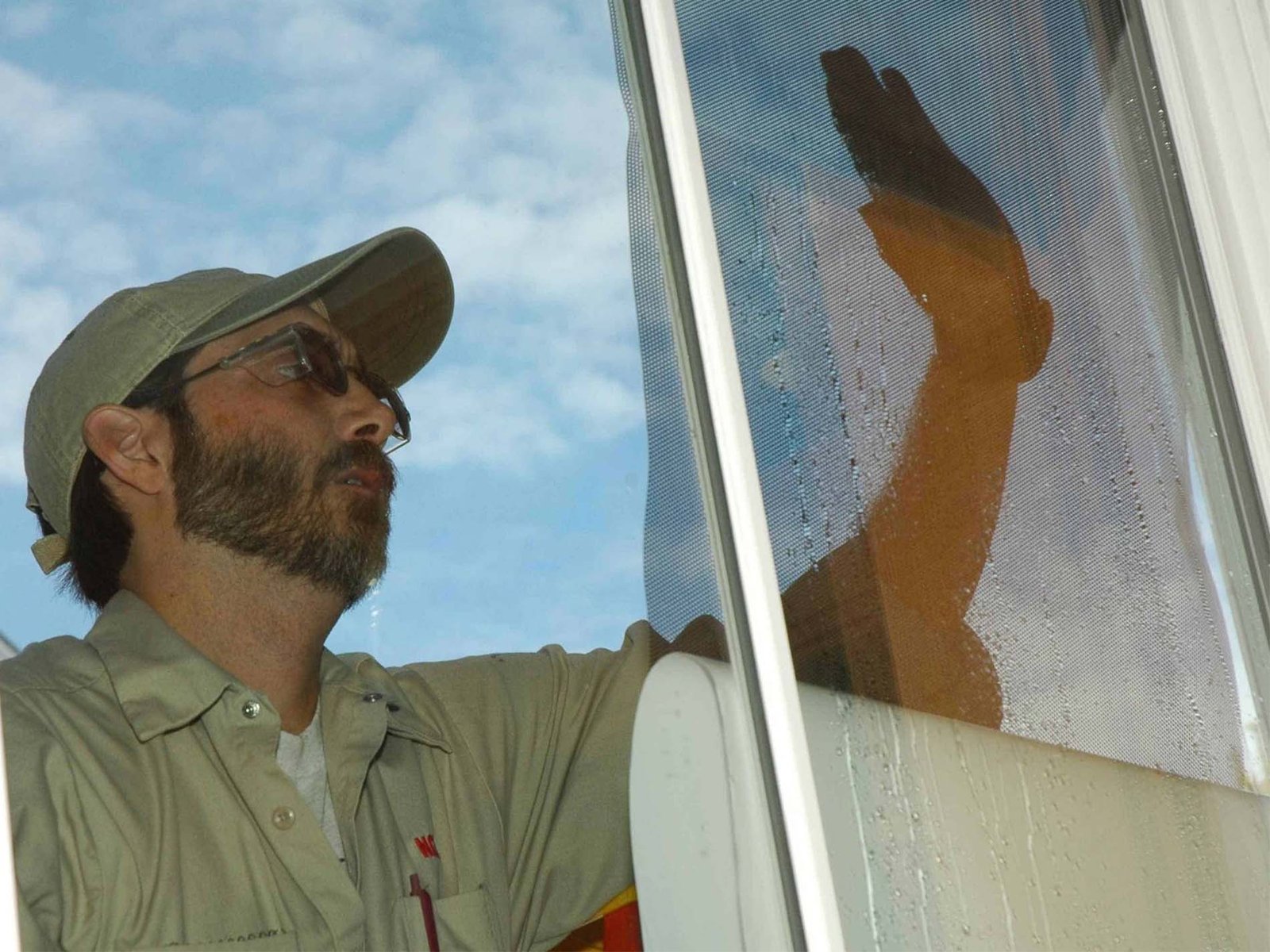Dialysis centers require strict hygiene due to the frequency of treatments and the shared nature of their spaces. The constant movement of staff and equipment necessitates consistent cleaning to maintain patient safety. These clinics operate in high-risk environments where even minor lapses in sanitation can pose serious health risks, making thorough cleaning routines essential to daily operations.
Facilities across Colorado Springs require cleaning support that addresses their unique operating conditions and environments. Many rely on professional teams trained in medical sanitation to ensure high standards are met. Commercial cleaning services Colorado Springs are generally employed to support dialysis environments through the use of specialized tools, meticulous scheduling, and expertise in clinical cleaning practices.
How Cleaning Needs Differ in Dialysis Centers
The care provided in a dialysis setting includes regular exposure to medical devices, patient fluids, and high-contact areas. This creates the need for routine surface disinfection that targets potential sources of contamination. Traditional office cleaning methods are not suited for the level of detail required in a healthcare setting. Surfaces such as chair armrests, treatment tables, monitors, and supply carts are cleaned frequently throughout the day. Special attention is also given to shared areas, such as restrooms, waiting rooms, and staff workstations.
High Contact Surfaces Require Ongoing Attention
Frequently touched surfaces, such as door handles, sinks, and keyboards, require regular disinfection using medical-grade products. In Colorado Springs, cleaning teams follow tailored checklists developed in collaboration with each facility to ensure reliable results. These cleaning routines align with both hygiene standards and daily workflow, adjusting to patient volume and treatment schedules to maintain a safe, sanitary environment for everyone.
Why Adaptable Cleaning Plans Work Best for Clinics
Dialysis centres operate on strict appointment timelines. Patients arrive and leave in intervals, and staff need access to clean treatment spaces throughout the day. Cleaning teams in Colorado Springs must work with minimal disruption while still providing thorough service. Some facilities may require attention outside of business hours, while others prefer intermittent cleaning during low-traffic periods. In either case, flexibility in timing and service scope allows clinics to maintain daily operations while still upholding hygiene protocols.
What Local Cleaning Teams Deliver to Medical Facilities?
Cleaning teams in Colorado Springs specialize in medical environments, following infection control protocols with hospital-grade disinfectants and microfiber tools. They blend routine upkeep with occasional deep cleaning to match clinic schedules. Common tasks provided are:
- Daily surface disinfection and high-touch cleaning
- Supply restocking and waste disposal
- Floor care, such as scrubbing and buffing
- Compliance documentation and audit support
This structured approach helps dialysis centers maintain hygiene standards and meet regulatory requirements without adding pressure on in-house staff.
Why Clinical Experience Makes a Difference
Working in a dialysis center involves an understanding of both cleaning methods and medical settings. Colorado Springs teams with experience in healthcare spaces are more likely to be familiar with standards such as bloodborne pathogen safety, patient privacy, and infection control protocols. This experience helps cleaning crews operate safely while reducing the need for constant supervision. Using the right equipment also matters. HEPA vacuums, color-coded supplies, and appropriate disinfectants all contribute to an environment that supports ongoing patient care.
Commercial cleaning services in Colorado Springs support the ongoing health of dialysis patients by providing structured sanitation plans designed for clinical use. Their work addresses key needs, including disinfecting high-contact surfaces, accommodating appointment schedules, and utilizing tools specifically designed for healthcare environments. Dialysis centers rely on these services to maintain a clean, safe environment that supports continuous, uninterrupted patient care.











